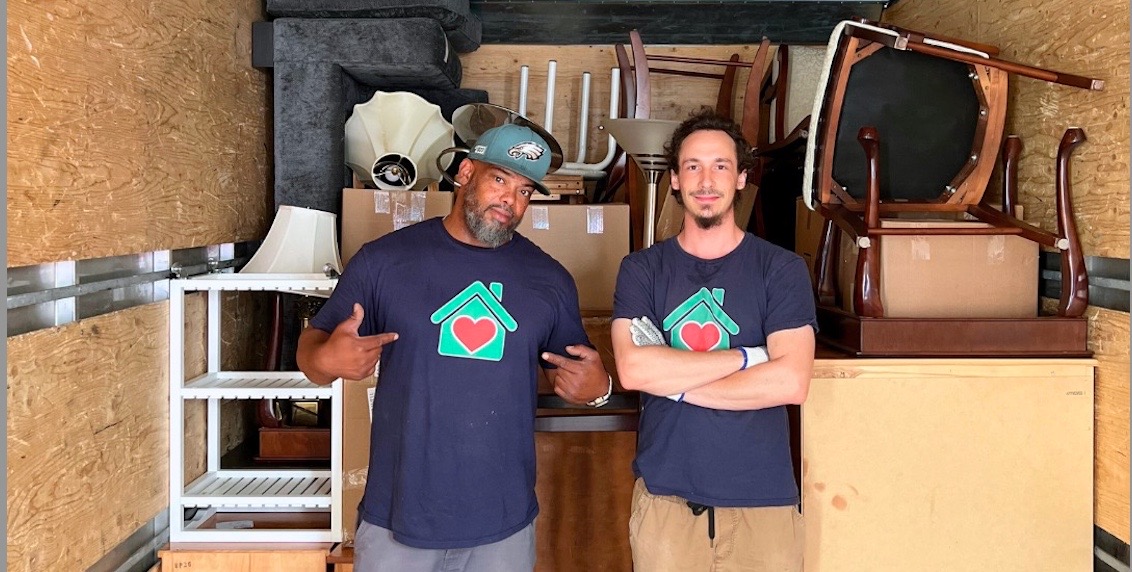CAMH, Furniture Bank, CanadaHelps among first cohort in responsible AI adoption program
Why It Matters
Despite the increase in free and low-cost AI online training, little is tailored to the non-profit sector or towards responsible, ethical adoption of the technology.

Five non-profits have been selected to undergo a 12-month program focusing on AI adoption in their organizations.
CAMH Foundation, the Canadian Cancer Society, Furniture Bank, CanadaHelps and Achēv have been chosen as the first cohort of the Responsible AI Adoption for Social Impact (RAISE) program.
The program is jointly run by the Human Feedback Foundation, The Dais at Toronto Metropolitan University, and the Creative Destruction Lab (CDL). It is funded by DIGITAL, which focuses on technology and digital transformation across the country.
“We thought non-profits are well-positioned to adopt AI responsibly,” said Elena Yunusov, executive director of the Human Feedback Foundation.
“They do not have the bottom line pressures that would force them to commercialize, and maybe cut corners on the validation, testing and design pieces [of artificial intelligence].”
Over the 12-month program, the five non-profits will apply artificial intelligence to particular processes in their organizations. Depending on their needs, CDL could also connect the non-profits to technology vendors.
The cohort is expected to be onboarded and to start the program at the end of June 2025, said CDL’s Director of Engagement Rachel Collins.
Simultaneously, The Dais will produce and deliver AI training in two parts: the first aimed at frontline workers, the second about responsible AI governance.
The first course will be piloted in July, with governance training available in the fall, said Rahel Appiagyei-David, leadership development facilitator at The Dais.
The Dais is creating the courses in partnership with non-profit organizations, soliciting feedback and input from the sector before delivering the education publicly, said Appiagyei-David.
“We’re not creating this course in isolation at all,” she added.
“We have funding to put 500 non-profit professionals through this type of training, which is amazing because it’s vendor-agnostic,” Yunusov said.
“It means we can be unbiased, and talk about all the tools that are available. It also means that we have an opportunity to talk about implementing AI responsibly, the pros and cons of different tools, and practical realities on the ground of what people are doing, what is working, and what isn’t.”

